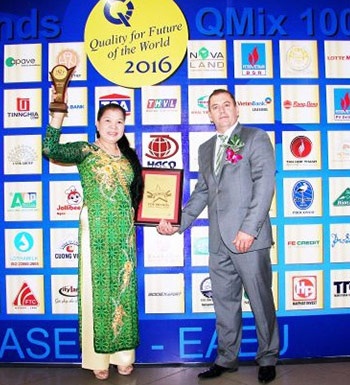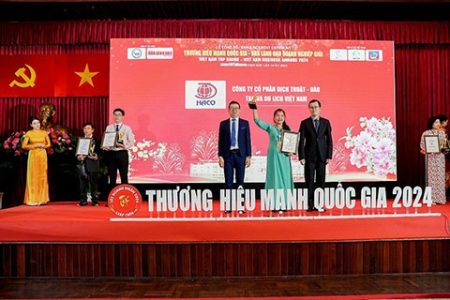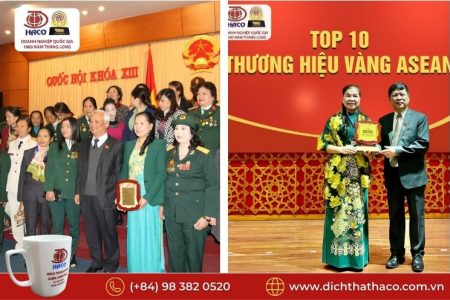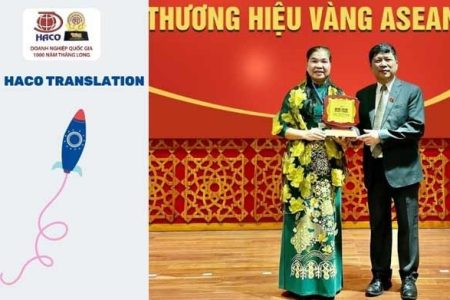"Unlock the Power of Chinese Translation - Unlock Your World!"
What is Chinese translation?
Chinese translation is an important part of international communication. It is a complex process that requires a deep understanding of both the source language and the target language. Chinese translation is a challenging task due to the complexity of the language, its many dialects, and its unique writing system. It is important to have a professional translator who is familiar with the nuances of the language and culture in order to ensure accuracy and clarity in the translation. With the right translator, Chinese translation can be a powerful tool for bridging cultural and linguistic gaps.
The Benefits of Professional Chinese Translation Services
Professional Chinese translation services provide a number of benefits to businesses and individuals alike. By utilizing the services of a professional translator, businesses can ensure that their documents, websites, and other materials are accurately translated into Chinese. This can help to ensure that their message is accurately conveyed to their target audience.
One of the primary benefits of professional Chinese translation services is accuracy. Professional translators are highly trained and experienced in the nuances of the Chinese language. They understand the complexities of the language and are able to accurately translate documents and other materials into Chinese. This ensures that the message is accurately conveyed and that the intended meaning is not lost in translation.
Another benefit of professional Chinese translation services is speed. Professional translators are able to quickly and accurately translate documents and other materials into Chinese. This can help to ensure that businesses are able to quickly and accurately communicate with their target audience.
Professional Chinese translation services also provide businesses with access to a wide range of resources. Professional translators are able to access a variety of resources, such as dictionaries, glossaries, and other reference materials, to ensure that their translations are accurate and up-to-date. This can help to ensure that businesses are able to effectively communicate with their target audience.
Finally, professional Chinese translation services can help to ensure that businesses are able to effectively market their products and services to their target audience. Professional translators are able to accurately translate marketing materials into Chinese, ensuring that the message is accurately conveyed and that the intended meaning is not lost in translation. This can help to ensure that businesses are able to effectively reach their target audience and increase their sales.
Overall, professional Chinese translation services provide a number of benefits to businesses and individuals alike. By utilizing the services of a professional translator, businesses can ensure that their documents, websites, and other materials are accurately translated into Chinese. This can help to ensure that their message is accurately conveyed to their target audience and that their marketing materials are effectively translated into Chinese. In addition, professional Chinese translation services can help to ensure that businesses are able to quickly and accurately communicate with their target audience and effectively market their products and services.
The Challenges of Translating Chinese Idioms and Slang
Translating Chinese idioms and slang can be a challenging task for even the most experienced translators. Chinese idioms and slang are often used to express complex ideas and emotions in a concise manner, making them difficult to accurately convey in another language.
Chinese idioms are often derived from ancient stories and proverbs, and they are used to express a wide range of concepts. For example, the phrase “一言既出,駟馬難追” (yī yán jì chū, sì mǎ nán zhuī) literally translates to “once the word is out, it’s hard to catch up with four horses”. This phrase is used to express the idea that once something is said, it cannot be taken back. Translating this phrase into another language requires an understanding of the cultural context and the ability to find an equivalent phrase that conveys the same meaning.
Slang is another challenge for translators. Slang is often used to express emotions or ideas in a casual manner, and it is constantly evolving. For example, the phrase “拼了” (pīn le) is used to express determination or perseverance. This phrase is derived from the word “拼” (pīn), which means “to fight” or “to struggle”. Translating this phrase into another language requires an understanding of the cultural context and the ability to find an equivalent phrase that conveys the same meaning.
In conclusion, translating Chinese idioms and slang can be a difficult task for even the most experienced translators. It requires an understanding of the cultural context and the ability to find an equivalent phrase that conveys the same meaning.
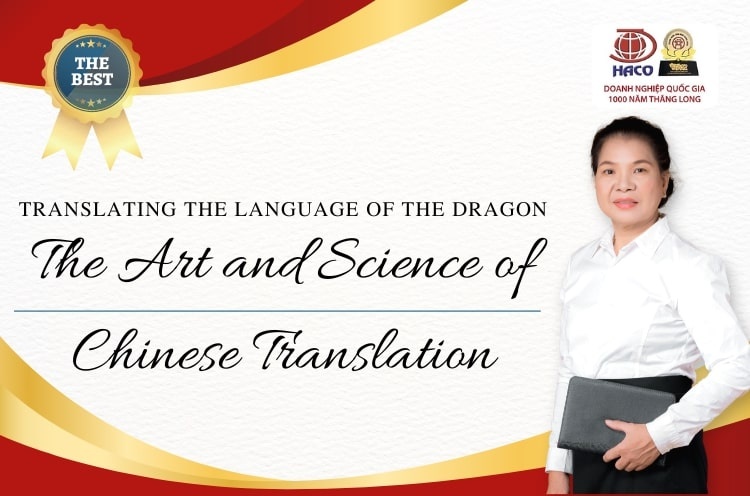
The Role of Technology in Chinese Translation
Technology has become an integral part of the Chinese translation process. In recent years, the use of technology has revolutionized the way Chinese translations are done, making the process faster, more accurate, and more cost-effective.
One of the most important ways technology has impacted Chinese translation is through the use of machine translation. Machine translation is a process in which a computer program is used to translate text from one language to another. This technology has made it possible to quickly and accurately translate large amounts of text from Chinese to other languages. Machine translation is especially useful for translating technical documents, as it can accurately capture the nuances of the language.
Another way technology has impacted Chinese translation is through the use of translation memory software. This software stores previously translated text, allowing translators to quickly access and reuse it. This helps to ensure accuracy and consistency in the translation process.
Finally, technology has also made it easier for translators to collaborate on projects. Through the use of online collaboration tools, translators can easily share documents and communicate with each other in real time. This makes it easier for translators to work together on complex projects, ensuring that the final product is of the highest quality.
Overall, technology has had a major impact on the Chinese translation process. By making the process faster, more accurate, and more cost-effective, technology has revolutionized the way Chinese translations are done.
The Impact of Cultural Differences on Chinese Translation
The impact of cultural differences on Chinese translation is significant and far-reaching. As a language with a long and complex history, Chinese has evolved to encompass a wide range of cultural nuances and expressions. As a result, the process of translating Chinese into other languages can be challenging and requires a deep understanding of the cultural context in which the text was written.
When translating Chinese, it is important to consider the cultural context of the text. This includes the cultural values, beliefs, and customs of the Chinese people. For example, certain words or phrases may have different meanings in different contexts. For example, the Chinese phrase “bu yao” can mean “no” in one context, but “please” in another. It is important to understand the cultural context in order to accurately translate the phrase.
In addition, the use of idioms and proverbs is common in Chinese. These phrases often contain cultural references that may not be easily understood by non-native speakers. For example, the Chinese phrase “yi qian wan bai” literally translates to “a thousand pieces of gold” but is used to refer to something that is extremely valuable. A translator must be aware of these cultural references in order to accurately convey the meaning of the text.
Finally, the use of honorifics is also important in Chinese. Honorifics are words or phrases used to show respect or deference to someone. For example, the Chinese phrase “xian sheng” is used to refer to an older man. A translator must be aware of these honorifics in order to accurately convey the meaning of the text.
In conclusion, the impact of cultural differences on Chinese translation is significant and far-reaching. Translators must be aware of the cultural context of the text in order to accurately convey the meaning of the text. They must also be aware of the use of idioms and proverbs, as well as honorifics, in order to accurately convey the meaning of the text. By understanding the cultural context of the text, translators can ensure that their translations are accurate and meaningful.
HACO TRANSLATION COMPANY – THE 1ST PRESTIGIOUS TRANSLATION SERVICE PROVIDER IN VIETNAM

COME WITH HACO TO FEEL THE DIFFERENCE AND COMPARE;
YOU WILL SEE THE BRAND WORTHY TO CHOOSE
20 years of accompanying enterprises
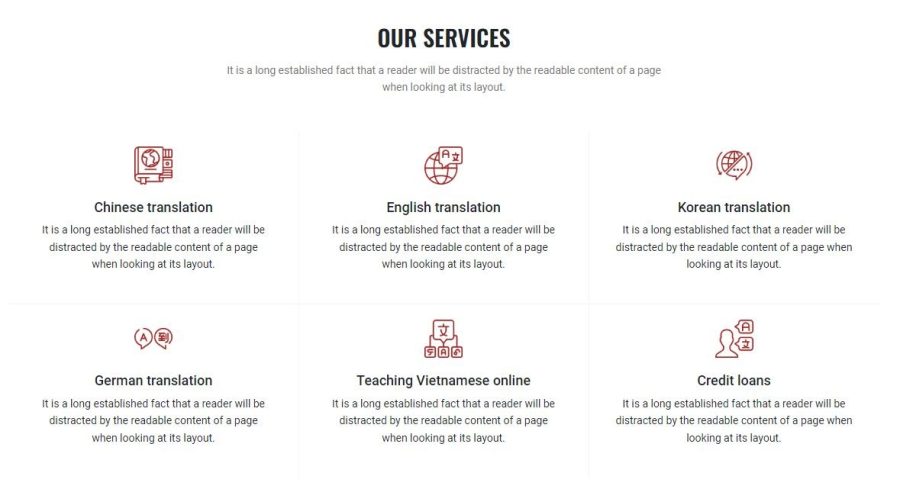
The Benefits of Localizing Chinese Content for Global Audiences
Localizing Chinese content for global audiences can be a powerful tool for businesses and organizations looking to expand their reach and engage with new customers. By localizing Chinese content, businesses can ensure that their message is accurately conveyed to their target audience, while also increasing their visibility in the global marketplace. Here are some of the key benefits of localizing Chinese content for global audiences.
1. Improved Understanding: Localizing Chinese content for global audiences ensures that the message is accurately conveyed and understood by the target audience. By using language and cultural references that are familiar to the target audience, businesses can ensure that their message is understood and appreciated.
2. Increased Visibility: Localizing Chinese content for global audiences can help businesses increase their visibility in the global marketplace. By using language and cultural references that are familiar to the target audience, businesses can ensure that their message is seen and heard by the right people.
3. Increased Engagement: Localizing Chinese content for global audiences can help businesses increase their engagement with their target audience. By using language and cultural references that are familiar to the target audience, businesses can ensure that their message resonates with the target audience and encourages them to take action.
4. Improved Brand Image: Localizing Chinese content for global audiences can help businesses improve their brand image. By using language and cultural references that are familiar to the target audience, businesses can ensure that their message is seen as authentic and trustworthy.
Localizing Chinese content for global audiences can be a powerful tool for businesses and organizations looking to expand their reach and engage with new customers. By using language and cultural references that are familiar to the target audience, businesses can ensure that their message is accurately conveyed and understood, while also increasing their visibility in the global marketplace.


